Azad Larki the initiator of the project is a filmmaker and activist based in Stockholm. He was born on April 4, 2001 in the city of Karaj, located near the capital of Iran, Tehran. As a child, he realized that his family's political and religious beliefs, as well as their history of fighting against dictatorship in Iran, were different from those of his friends and others. Unfortunately, his family had lost several relatives who were captured and executed by the Islamic Republic after the revolution in Iran. The activism history of his family and his fathers political activities forced him and his family to flee from Iran when Azad was 17 years old.
"The Writings on the Wall" is a politically independent cultural project that highlights the struggle for freedom, political, and economic democracy. The project aims to provide a unique and uncensored voice in the Iranian people's fight against dictatorship through live graffiti performances and a digital art exhibition.
During the live performance, we utilize the same slogans found on the walls of cities in Iran. These slogans often elicit similar reactions from the regime, resulting in their removal or alteration to fit their own propaganda, thus sparking an ideological battle on the city walls.
Another component of the project is a digital art exhibition, which serves as a platform for Iranian activists and artists to safely share their works with others in Persian, English, and Swedish languages.

In 2019, Azad and his family arrived in Sweden as asylum seekers. His background of standing against the regime of Iran and escaping Iran affected him mentally. He felt a desire to express himself and share his experiences with others, hoping to change their views about him and people in his situation. Luckily, he got in touch with the Gothenburg Film Association through a language course he participated in. This gave him the opportunity to explore his creative side and express himself through film.
Although the law made it difficult for him to study in Sweden, Azad received a scholarship from Ljungskile Folk High School, which allowed him to live and complete his high school education there for free. During the two years he studied in Ljungskile, he developed his debut short film "Number 11" in which he ventilated his problems by describing the bizarre situation of asylum seekers in Sweden, a "democratic" country. "Number 11" won three awards at Frame Film Festival, Kultur UngdomsFilm Day prize, and Best Screenplay at Sweden's Short Film Festival.
After two years of studying at Ljungskile Folk High School, Azad graduated.Nonetheless, he got the opportunity to start studying a course called International Culture Project Leader at Kulturverkstan and start working with his new project “The writings on the wall”.


